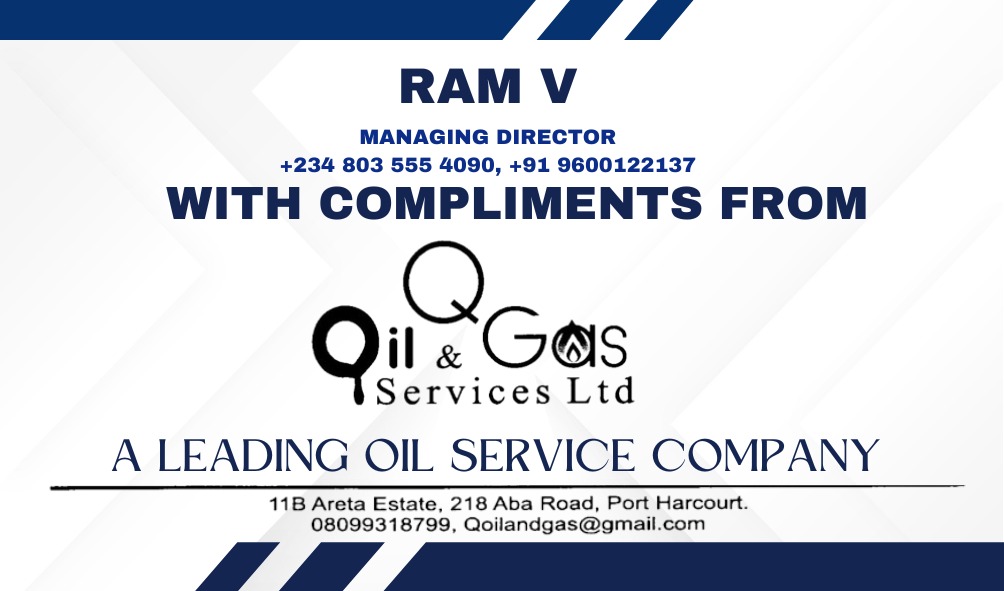Master of Business Management (M.B.M)
About department
description
Master of Business Management (M.B.M) is a specialized graduate degree program focused on providing students with advanced knowledge and skills in various aspects of business management, leadership, and strategic decision-making. It is designed to prepare individuals for leadership roles in the corporate world, entrepreneurship, consulting, and other business-related fields.


Connect with us
Beneficial
- M.B.M stands for Master of Business Management.
- Course Level: The M.B.M program is at the postgraduate level, typically pursued after completing a bachelor’s degree in business administration, management, economics, or a related field. It is suitable for individuals seeking to advance their careers in business management, acquire specialized knowledge in specific areas of business, or transition into management roles from other disciplines.
- Duration: The duration of an M.B.M program varies depending on the institution and specific requirements of the program. It typically takes one to two years to complete when pursued full-time.
- Mode: M.B.M programs are commonly offered in full-time, residency-based formats, allowing students to immerse themselves in a dynamic learning environment and engage in hands-on projects, case studies, and interactive discussions with faculty and peers. Some programs may also offer part-time or executive formats to accommodate the needs of working professionals or students with other commitments.
- Eligibility Criteria: The eligibility criteria for admission to an M.B.M program vary by institution but generally require applicants to have a bachelor’s degree from a recognized university or college, preferably in a relevant field such as business administration, management, economics, or finance. Some programs may also require relevant work experience, letters of recommendation, a statement of purpose, and/or standardized test scores.
- Admission Process: The admission process for M.B.M programs typically involves submitting an application through the respective institution’s admissions portal, along with required documents such as transcripts, letters of recommendation, a statement of purpose, and/or standardized test scores. Some programs may also require applicants to undergo an interview, participate in group discussions, or submit additional materials as part of the admission process.
- Curriculum: The curriculum of an M.B.M program typically includes a combination of core courses covering fundamental principles of business management and elective courses allowing students to specialize in areas of interest such as marketing management, financial management, operations management, human resource management, entrepreneurship, or international business. Some programs may also incorporate experiential learning opportunities, such as internships, consulting projects, or global immersion experiences, to provide students with practical skills and industry exposure.
- Career Opportunities: Graduates of M.B.M programs can pursue various career opportunities in:
- Corporate management: Working as business managers, executives, or leaders in corporate organizations, overseeing strategic planning, business development, operations, and resource allocation to achieve organizational goals and objectives.
- Entrepreneurship: Starting and managing their own businesses, launching entrepreneurial ventures, or joining start-up companies, leveraging their knowledge of business management principles, market dynamics, and competitive strategies to drive innovation and growth.
- Consulting: Working as management consultants, strategy consultants, or business advisors in consulting firms, providing strategic advice, problem-solving expertise, and process improvement solutions to clients across different industries and sectors.
- Finance and investment: Working in finance and investment roles in financial institutions, investment banks, asset management firms, or corporate finance departments, analyzing investment opportunities, managing financial portfolios, and facilitating capital allocation decisions.
- Marketing and sales: Working in marketing management, brand management, product management, or sales management roles in consumer goods companies, marketing agencies, or technology firms, developing marketing strategies, launching new products, and driving revenue growth through effective marketing campaigns and sales initiatives.
- Human resources and talent management: Working in human resource management, talent acquisition, or organizational development roles in companies, managing recruitment, training, performance evaluation, and employee engagement initiatives to attract, develop, and retain top talent
- M.B.M stands for Master of Business Management.
- Course Level: The M.B.M program is at the postgraduate level, typically pursued after completing a bachelor’s degree in business administration, management, economics, or a related field. It is suitable for individuals seeking to advance their careers in business management, acquire specialized knowledge in specific areas of business, or transition into management roles from other disciplines.
- Duration: The duration of an M.B.M program varies depending on the institution and specific requirements of the program. It typically takes one to two years to complete when pursued full-time.
- Mode: M.B.M programs are commonly offered in full-time, residency-based formats, allowing students to immerse themselves in a dynamic learning environment and engage in hands-on projects, case studies, and interactive discussions with faculty and peers. Some programs may also offer part-time or executive formats to accommodate the needs of working professionals or students with other commitments.
- Eligibility Criteria: The eligibility criteria for admission to an M.B.M program vary by institution but generally require applicants to have a bachelor’s degree from a recognized university or college, preferably in a relevant field such as business administration, management, economics, or finance. Some programs may also require relevant work experience, letters of recommendation, a statement of purpose, and/or standardized test scores.
- Admission Process: The admission process for M.B.M programs typically involves submitting an application through the respective institution’s admissions portal, along with required documents such as transcripts, letters of recommendation, a statement of purpose, and/or standardized test scores. Some programs may also require applicants to undergo an interview, participate in group discussions, or submit additional materials as part of the admission process.
- Curriculum: The curriculum of an M.B.M program typically includes a combination of core courses covering fundamental principles of business management and elective courses allowing students to specialize in areas of interest such as marketing management, financial management, operations management, human resource management, entrepreneurship, or international business. Some programs may also incorporate experiential learning opportunities, such as internships, consulting projects, or global immersion experiences, to provide students with practical skills and industry exposure.
- Career Opportunities: Graduates of M.B.M programs can pursue various career opportunities in:
- Corporate management: Working as business managers, executives, or leaders in corporate organizations, overseeing strategic planning, business development, operations, and resource allocation to achieve organizational goals and objectives.
- Entrepreneurship: Starting and managing their own businesses, launching entrepreneurial ventures, or joining start-up companies, leveraging their knowledge of business management principles, market dynamics, and competitive strategies to drive innovation and growth.
- Consulting: Working as management consultants, strategy consultants, or business advisors in consulting firms, providing strategic advice, problem-solving expertise, and process improvement solutions to clients across different industries and sectors.
- Finance and investment: Working in finance and investment roles in financial institutions, investment banks, asset management firms, or corporate finance departments, analyzing investment opportunities, managing financial portfolios, and facilitating capital allocation decisions.
- Marketing and sales: Working in marketing management, brand management, product management, or sales management roles in consumer goods companies, marketing agencies, or technology firms, developing marketing strategies, launching new products, and driving revenue growth through effective marketing campaigns and sales initiatives.
- Human resources and talent management: Working in human resource management, talent acquisition, or organizational development roles in companies, managing recruitment, training, performance evaluation, and employee engagement initiatives to attract, develop, and retain top talent



